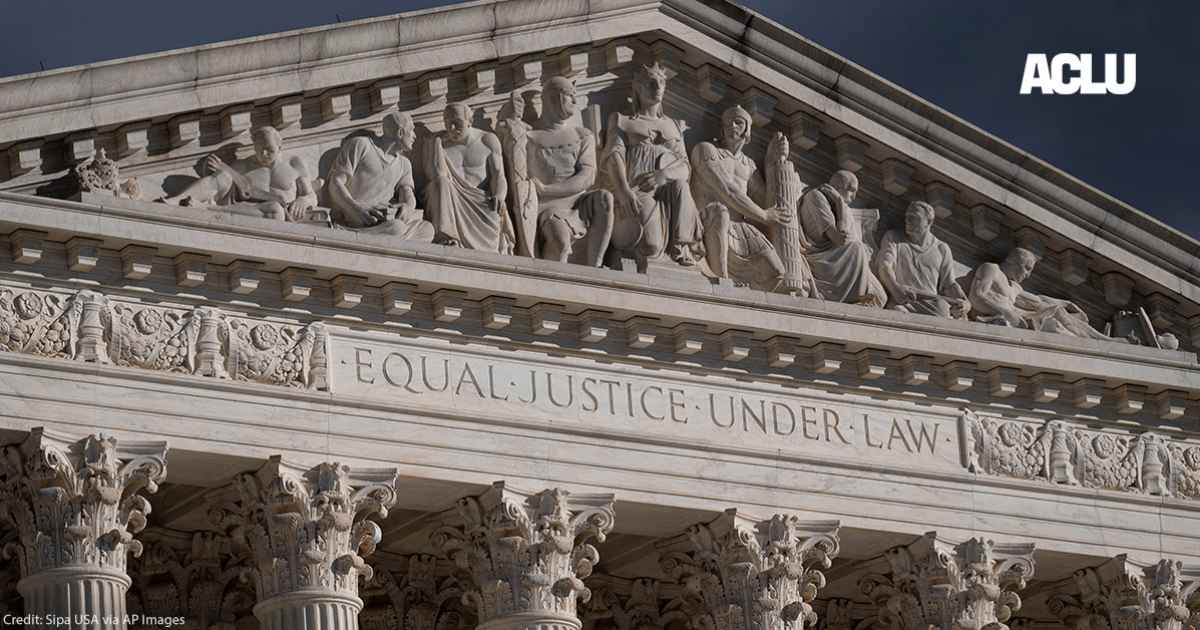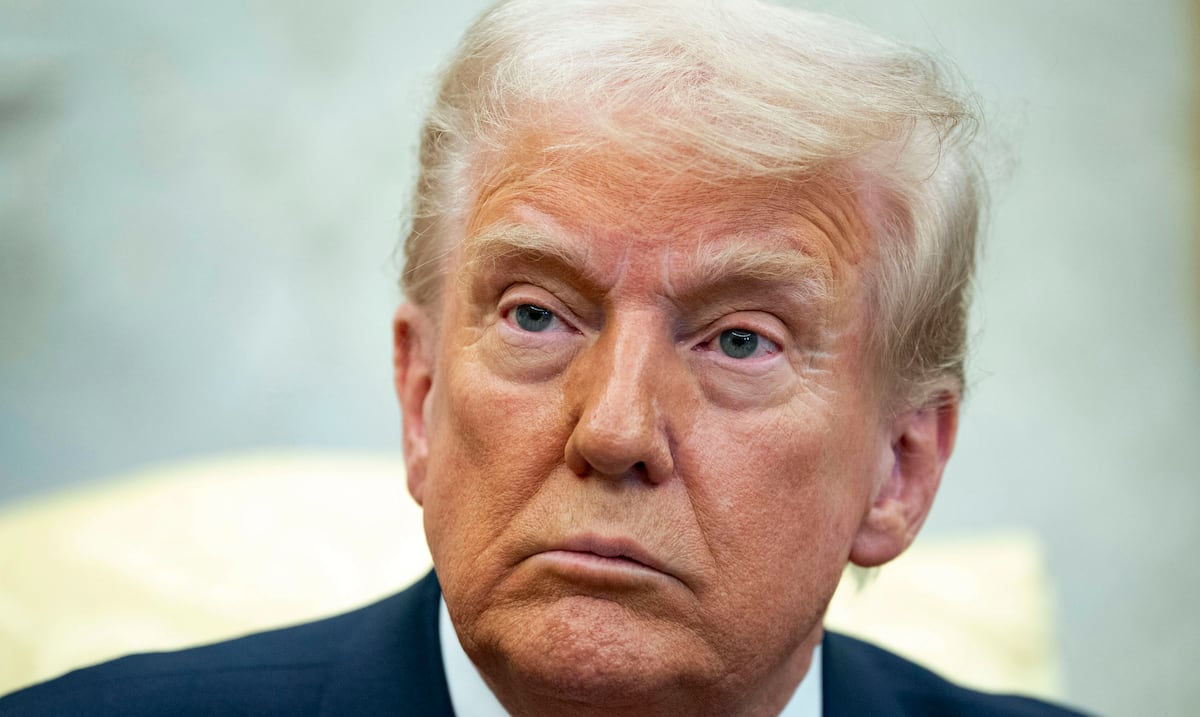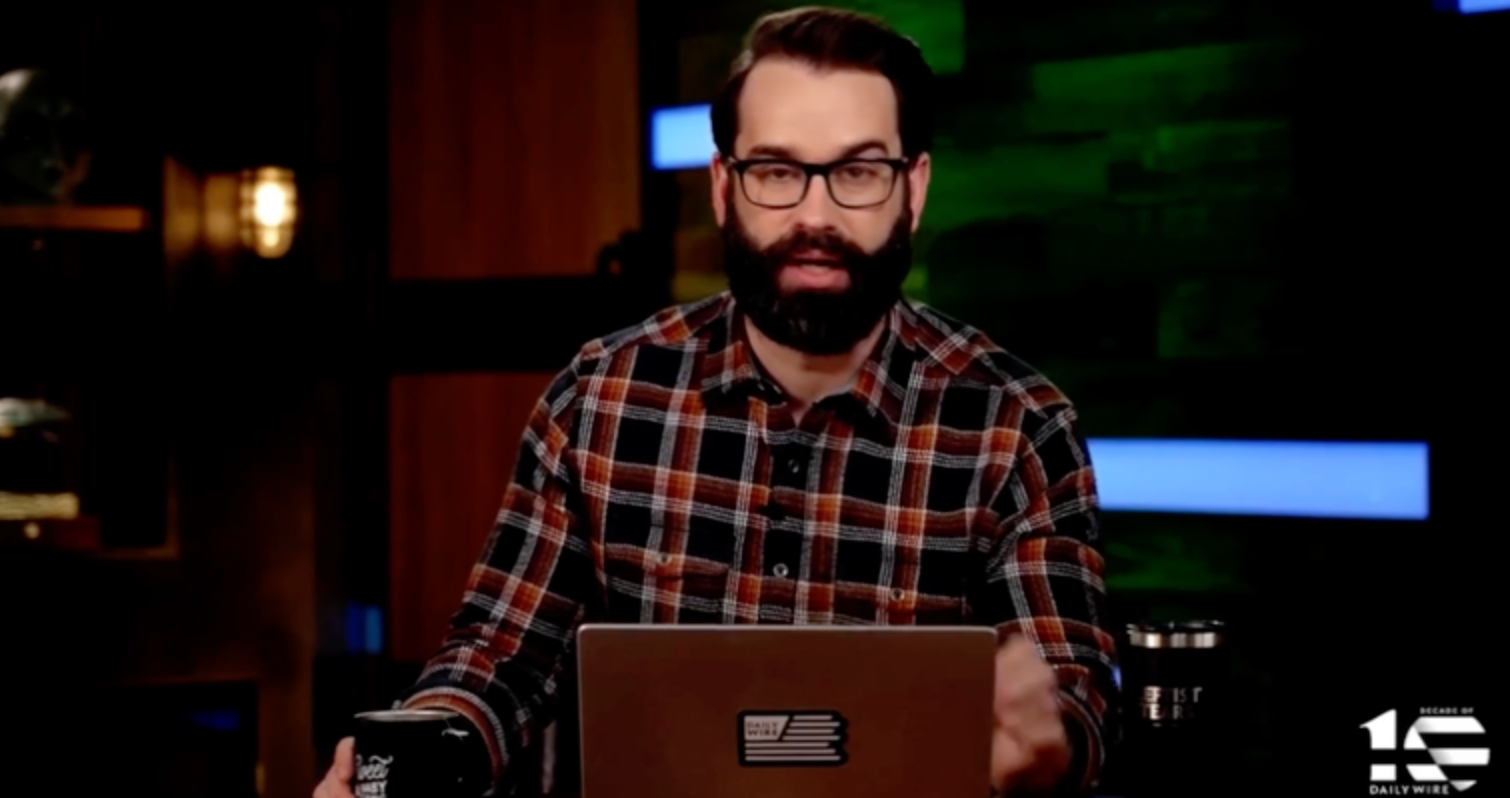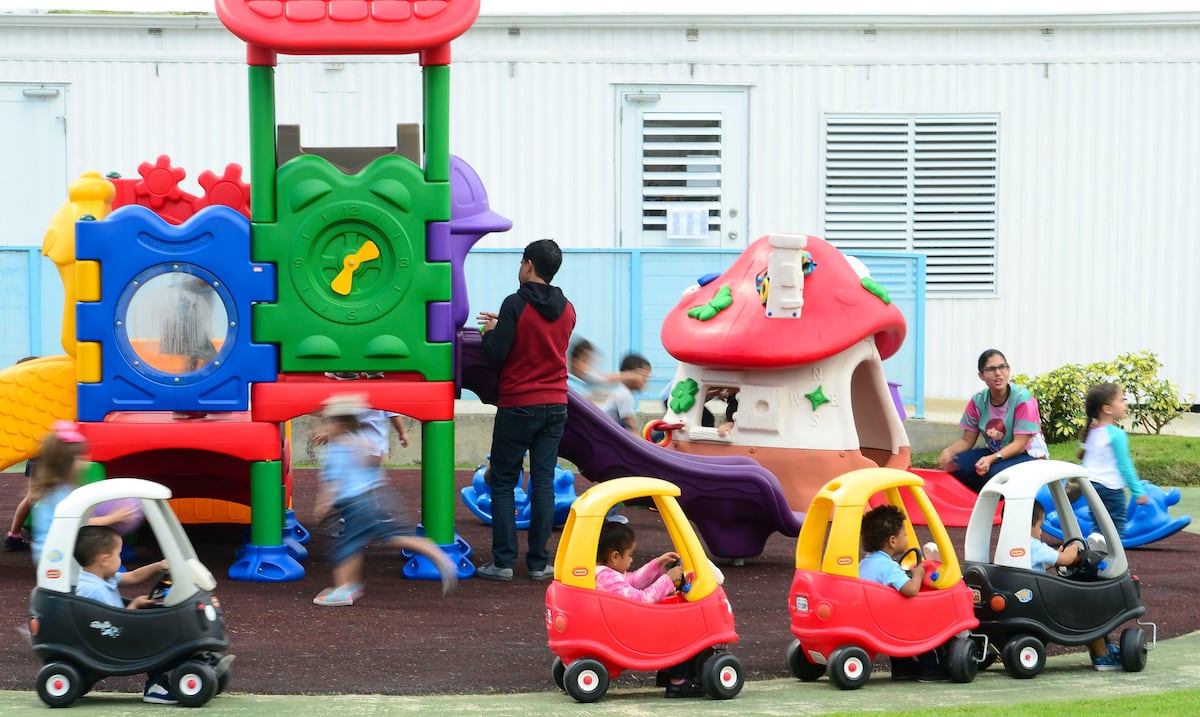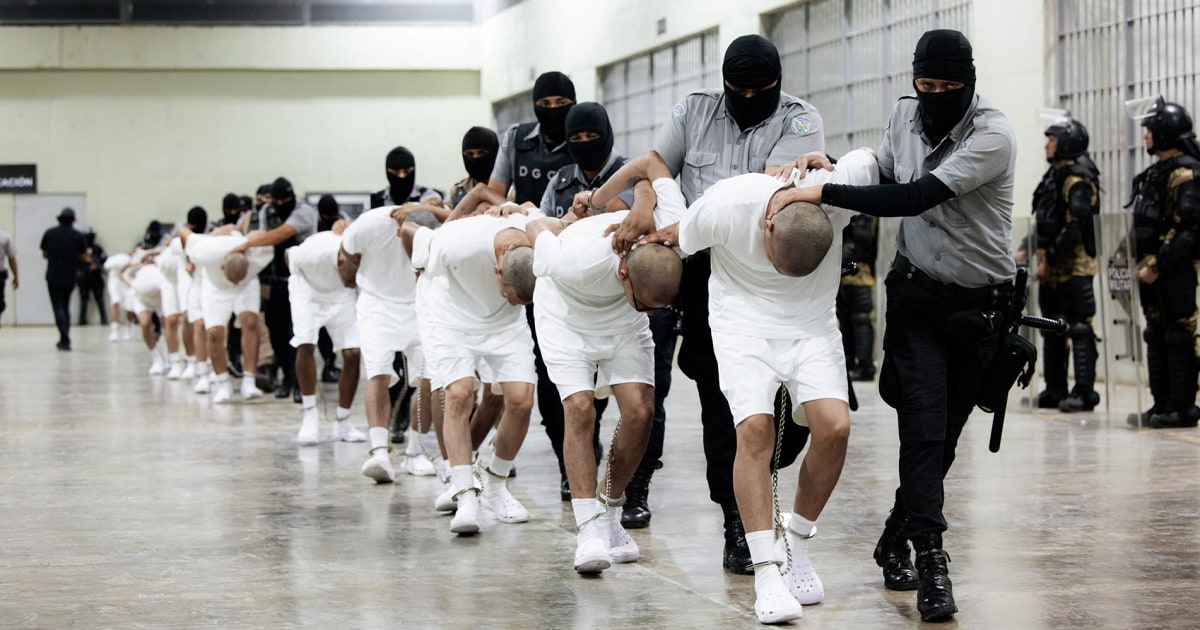
Via Canva
Opinion for The Latino Newsletter
A recent effort to petition President Trump for Puerto Rican independence via executive order has stirred up a lot of debate on the island.
It has also made one thing clear: for more than a century, the various factions in the debate over Puerto Rico’s political status have been living in a state of denial. And any hope of decolonizing Puerto Rico will require leaving wishful thinking behind and engaging with new political realities in the United States.
The denial began almost as soon as the United States invaded Puerto Rico in 1898. Some saw the occupation as a temporary prelude to U.S. statehood. Others believed that the United States would act as a liberator and grant Puerto Rico full independence after more than 400 years of Spanish rule.
Both sides were in denial about the political reality of the time: the United States was an ascendant empire, with no interest in either incorporating a nation of people it saw as savages, or in freeing it.
Denialism continued throughout the 20th century. The deepest self-delusion came from supporters of the so-called “Commonwealth,” who refused to acknowledge the colonial and undemocratic nature of Puerto Rico’s relationship with the United States.
Only recently, when the Supreme Court affirmed that Puerto Rico is still a colony, did most defenders of the status quo start to acknowledge the truth. Though some are still in denial, including the island’s current representative to Congress, Pablo José Hernández, who to his discredit still claims that Puerto Rico is not a colony and that its political status is not a priority.
Other Forms of Denial
But there were other forms of denial as well. Statehood supporters saw the United States admit five new states between 1907 and 1959—none of them Puerto Rico. They continued to insist that statehood for the island could be just around the corner even as the issue was barely discussed, much less seriously considered, in American politics. Sadly, in the pro-statehood camp, that self-delusion also continues.
Meanwhile, many independence supporters believed that we could achieve our aim by shaking our fists at the U.S. government and shouting that they’re gringo colonizers. Or by appealing to lofty notions of human rights, self-determination, and international law and relying on the United Nations to step in, even as it became clear that the UN was an increasingly feckless institution. The notion that we could free Puerto Rico by merely denouncing the United States, not by engaging with its politics and its people, was its own form of denial.
Colonialism dies hard, and it dies even harder when the colonizer is the most powerful country the world has ever known. The biggest reason Puerto Rico’s status endures is that the United States benefits from its island colony and has not wanted to let it go. But those of us who have fought for a change to Puerto Rico’s colonial status, one way or another, should think critically about why previous efforts have failed and consider new strategies.
That was the impetus behind the founding of my organization, Boricuas Unidos en la Diáspora (BUDPR), which seeks to advance the struggle for Puerto Rico’s decolonization and independence by engaging with U.S. politicians and with the American public. We understand that any change to Puerto Rico’s status will require political action in the United States. And we believe that, through education, persuasion, and advocacy, even our colonizers can one day become our allies.
A Hard Sell
But that is a hard sell right now, with President Trump in the White House and Republicans in control of Congress. Their MAGA movement is explicitly hostile to Puerto Rico and completely opposed to Puerto Rican statehood, even as Trump openly muses about annexing Canada or Greenland. That rejection of statehood has sunk any prospects of legislative action to resolve the island’s status—especially since Democrats largely ignore the issue altogether.
It’s within that political context that a group of activists wrote up a draft executive order that President Trump could use to grant Puerto Rico’s independence. In recent days, another group has proposed that Trump annul the Treaty of Paris, which ceded Puerto Rico to the U.S. in 1898, and establish a working group that would transition the island toward independence.
I have serious concerns about these proposals. Chief among them: it seems unlikely that any political effort led by a imperialist and vindictive president like Donald Trump would result in just outcomes for Puerto Rico.
A Needed Dose of Reality
But whatever their flaws and merits, these initiatives are injecting a dose of political reality into an issue that badly needs it. They recognize that, while Congress may technically have the legal authority to change Puerto Rico’s status, right now it is merely an instrument of Trump’s wishes. If he says jump, on Puerto Rico or any other issue, Republicans in Congress will ask “how high?”
These efforts also acknowledge, and wield as a weapon, one of the fundamental truths at the heart of the Puerto Rico status debate. Whether because of racism, naked partisanship, or reluctance to send an impoverished island billions more in federal funding, the only Puerto Rico status alternative acceptable to Republicans is independence. And even when Democrats control Congress or the White House, without enough GOP votes, nothing can happen.
Insofar as these efforts by activists embrace those political realities, and push past all the layers of denial that have led to inaction, they are some of the first attempts at grappling with what Trump’s America means for Puerto Rico’s status.
At this moment, the United States’ legal and political institutions are badly broken, or being bent to Trump’s authoritarian will. The basic principles and practices of democracy appear to be meaningless, and civil rights and liberties are under daily attack.
Under the best of times, the U.S. government has refused to engage in a meaningful, inclusive, and binding process to resolve Puerto Rico’s status. To believe that it would do so now, with Trump in office, is to engage in the type of denialism that has hampered efforts to decolonize Puerto Rico for decades.
And to ask Puerto Ricans to just wait it out, hope that U.S. democracy heals, and that Puerto Rico’s status one day lands on the agenda of some kinder American president, is to deny both the neglect of every other U.S. president before Trump and the moral urgency of ending colonialism.
Some critics of these attempts to lobby Trump for independence have described them as desperate efforts by activists to achieve Puerto Rican independence by any means necessary. But these are desperate times. After 126 years of colonialism, with Puerto Rico wholly at MAGA’s mercy, desperate measures may be called for.
Ultimately, I doubt President Trump will take meaningful action on the island’s political status. I believe we will have to pursue other —and perhaps better— avenues to achieve Puerto Rico’s decolonization. But these efforts must be rooted in reality, politically savvy, and they must match the gravity and urgency of this moment in both Puerto Rican and American history.
Living in denial while colonialism endures simply will not do.
Alberto C. Medina of Boricuas Unidos en la Diáspora is a Puerto Rico-born, now U.S.-based writer, editor, and advocate for Puerto Rican independence. Follow him on X/Twitter at @AlbertoMedinaPR.
2025 Donation Update
We want to keep The Latino Newsletter accessible without paywalls. To help, you can donate here. Any amount (one-time or monthly) will keep us going.
What We’re Reading
Families Question TdA Ties: From NBC News, “The families strongly deny that their relatives are connected to the Venezuelan gang known as Tren de Aragua,” adding “their family members have been falsely accused and targeted because of their tattoos.”
The Latino Newsletter welcomes opinion pieces in English and/or Spanish from community voices. Submission guidelines are here. The views expressed by outside opinion contributors do not necessarily reflect the editorial views of this outlet or its employees.


